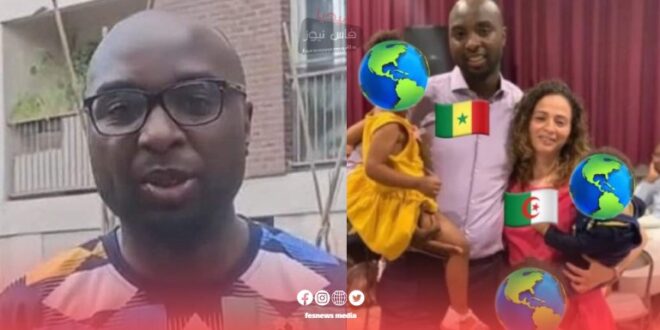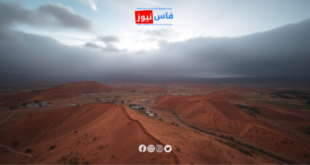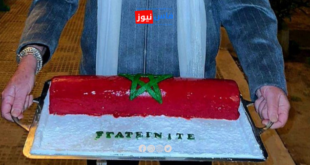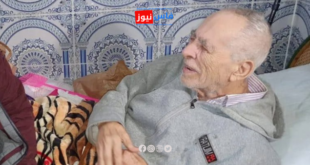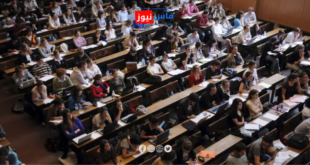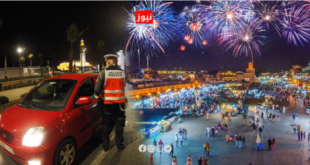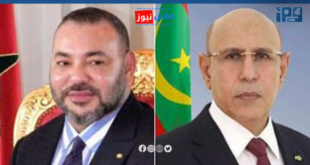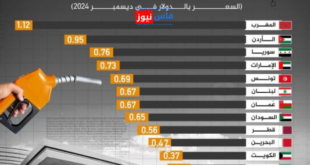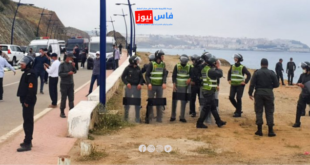In a controversial development, the Moroccan Consulate in Villemomble has issued a scathing statement in response to the decision of Mohamed Gnabaly, mayor of Île-Saint-Denis municipality in France, to close the Moroccan pavilion at an international exhibition. This decision came after Saida Charaf, a Sahrawi artist, performed a song about the Moroccan Sahara, which apparently upset the mayor’s wife of Algerian origin.
In its statement, the consulate described the pavilion’s closure as an “isolated provocative move” and a “unilateral and arbitrary termination” by Mayor Gnabaly. The consulate pointed out that “several members of the municipal council” oppose this decision, indicating a division within the council over this issue.
The consulate strongly condemned what it considered an attack on the freedom of expression of artist Saida Charaf, asserting that the artist only intended to evoke the spirit of the decision taken by the French Republic regarding the Sahara.
The statement denounced what it described as the mayor’s exploitation of the situation and politicization by referring to his personal connections, clearly alluding to his wife’s influence on his decision.
In an escalatory move, the consulate announced it reserves the right to take legal action to demand compensation and resort to the judiciary, conditioning this on receiving an apology from Mayor Gnabaly.
This incident raises questions about the limits of cultural and expressive freedoms in international events and highlights the sensitivity of political issues in cultural forums. It also points to the potential for escalating diplomatic tension between Morocco and French local authorities if the situation is not quickly contained.
The incident underscores the complex interplay between cultural expression, local politics, and international diplomacy, potentially straining relations between Morocco and France at a municipal level.
 فاس نيوز ميديا جريدة الكترونية جهوية تعنى بشؤون و أخبار جهة فاس مكناس – متجددة على مدار الساعة
فاس نيوز ميديا جريدة الكترونية جهوية تعنى بشؤون و أخبار جهة فاس مكناس – متجددة على مدار الساعة

